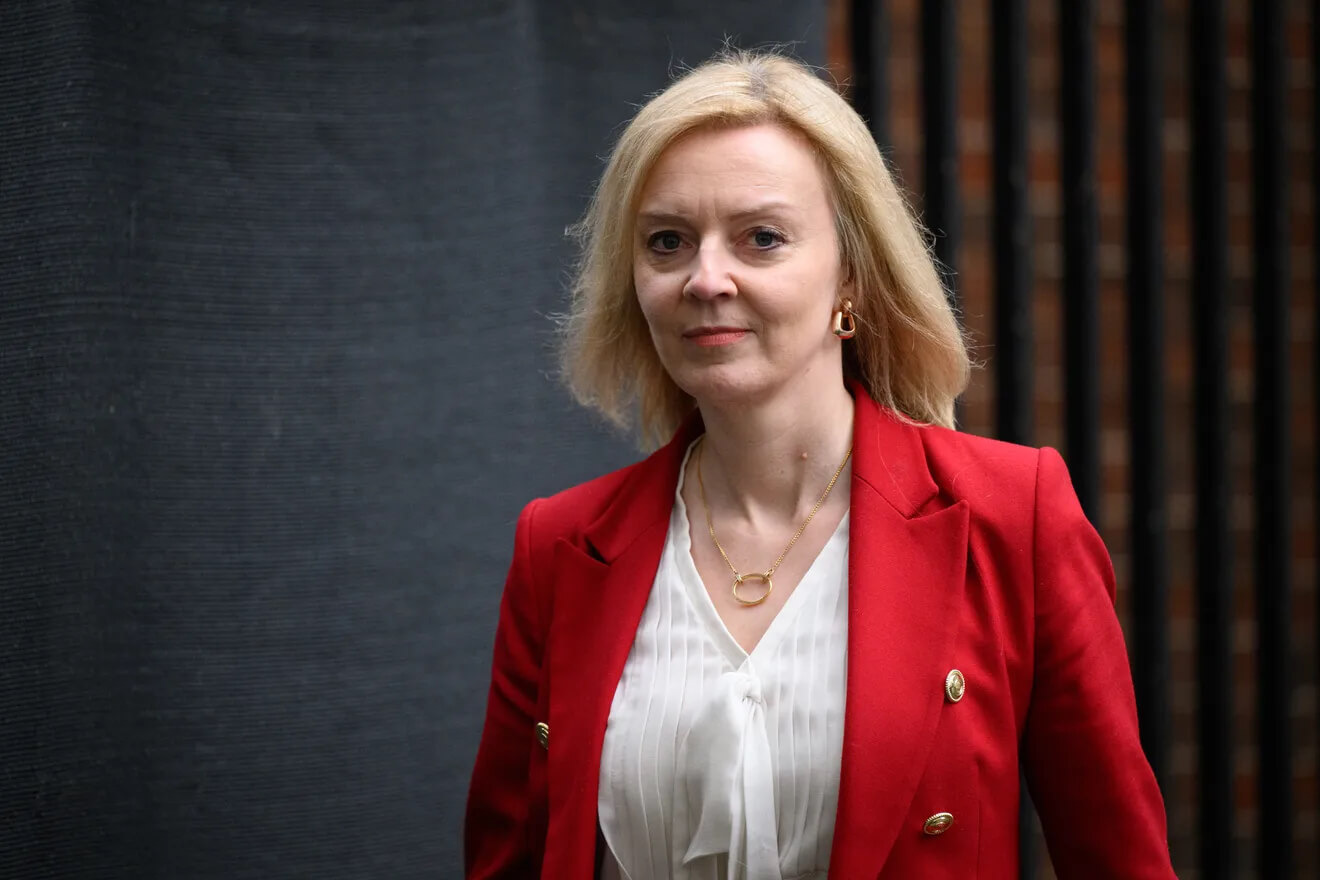On Monday, Russia signalled that British Foreign Secretary Liz Truss’ statement claiming that the violence in Ukraine could potentially instigate a conflict between Russia and North Atlantic Treaty Organization (NATO) led to Russian President Vladimir Putin’s decision to put Moscow’s nuclear deterrent forces on high alert.
Kremlin spokesperson Dmitry Peskov said that Western leaders had made “unacceptable” comments “about possible conflict situations and even confrontations and clashes between NATO and Russia.” While initially refraining from specifically naming the leader whose statement had resulted in the escalation, he then said that it was the British Foreign Secretary.
Peskov was referring to Truss’ statement on Sunday, wherein she said, “If we don’t stop Putin in Ukraine we are going to see others under threat – the Baltics, Poland, Moldova, and it could end up in a conflict with NATO.” However, she noted that all efforts were being made to avoid such a situation.
Several British political leaders came out in support of Truss and blamed Russia for using the statement as a distraction. Scottish First Minister Nicola Sturgeon warned people against falling for “this transparent Russian attempt to divert.” “The only person responsible for Putin’s despicable nuclear threat is Putin,” she added.
However, British Secretary of State for Defence Ben Wallace downplayed Putin’s announcement, calling it a “battle of rhetoric.” “We don’t see or recognise, in the sort of phrase or the status he described, anything that is a change to what they have currently as their nuclear posture,” he said. Wallace stressed that Putin’s announcement was merely an attempt to remind the world that he has a deterrent.
Following the Kremlin’s statement on Monday, Truss announced fresh sanctions against Russia before the House of Commons. This included asset freezes on three additional Russian banks, including VEB, Russia’s national development bank. She asserted that the British government will be awarded new powers to confront the Russian financial sector and “prevent Russian banks from clearing payments in sterling.” She asserted that this move was made in coordination with the United States (US), as the pound sterling and the US dollar dominate over 50% of Russian trade. Truss further noted that the UK would introduce a full asset freeze against all Russian banks and prevent the Russian government from raising debt in the coming days.
We have taken decisive action. We will degrade the Russian economy and isolate Russia on the world stage.
— Liz Truss (@trussliz) February 28, 2022
Putin must lose. pic.twitter.com/LoCCfoQnPv
Apart from sanctioning Putin and Russian Foreign Minister Sergey Lavrov, the UK also plans on introducing sanctions against a list of oligarchs, “focussing on their houses, their yachts, and every aspect of their lives.” In addition, British authorities have also initiated investigations against Russian state-owned media house RT (Russia Today) and restricted Russian “flagged, registered, owned, controlled, chartered or operated vessels” from accessing ports in the country.
Meanwhile, on Monday, British Prime Minister Boris Johnson spoke with Ukrainian President Volodymyr Zelensky and condemned the “barbaric airstrikes” conducted by Russian forces that have resulted in the death and injury of hundreds civilians. Johnson provided Zelensky with details about the additional military support deployed to assist the eastern European country to resist the Russian invasion and vowed to dispatch further military assistance in the coming days.
London has already extended military support to Kyiv in the interest of protecting European security. In January, Wallace had said that the UK would dispatch short-range anti-tank missiles to help Ukraine counter Russia. Furthermore, he said that a small group of British troops would be sent to Ukraine to help train its security forces.

